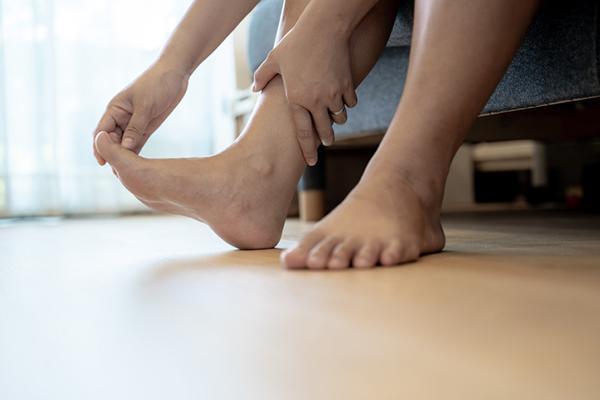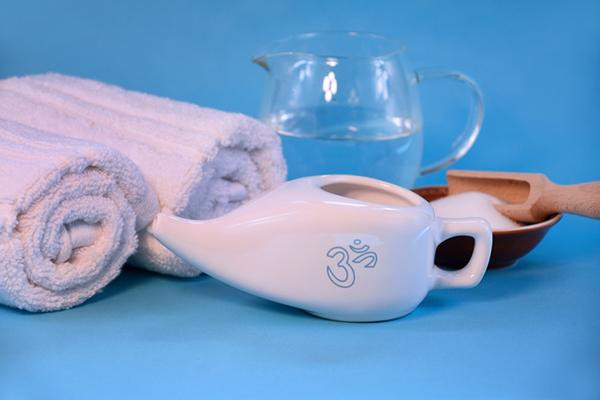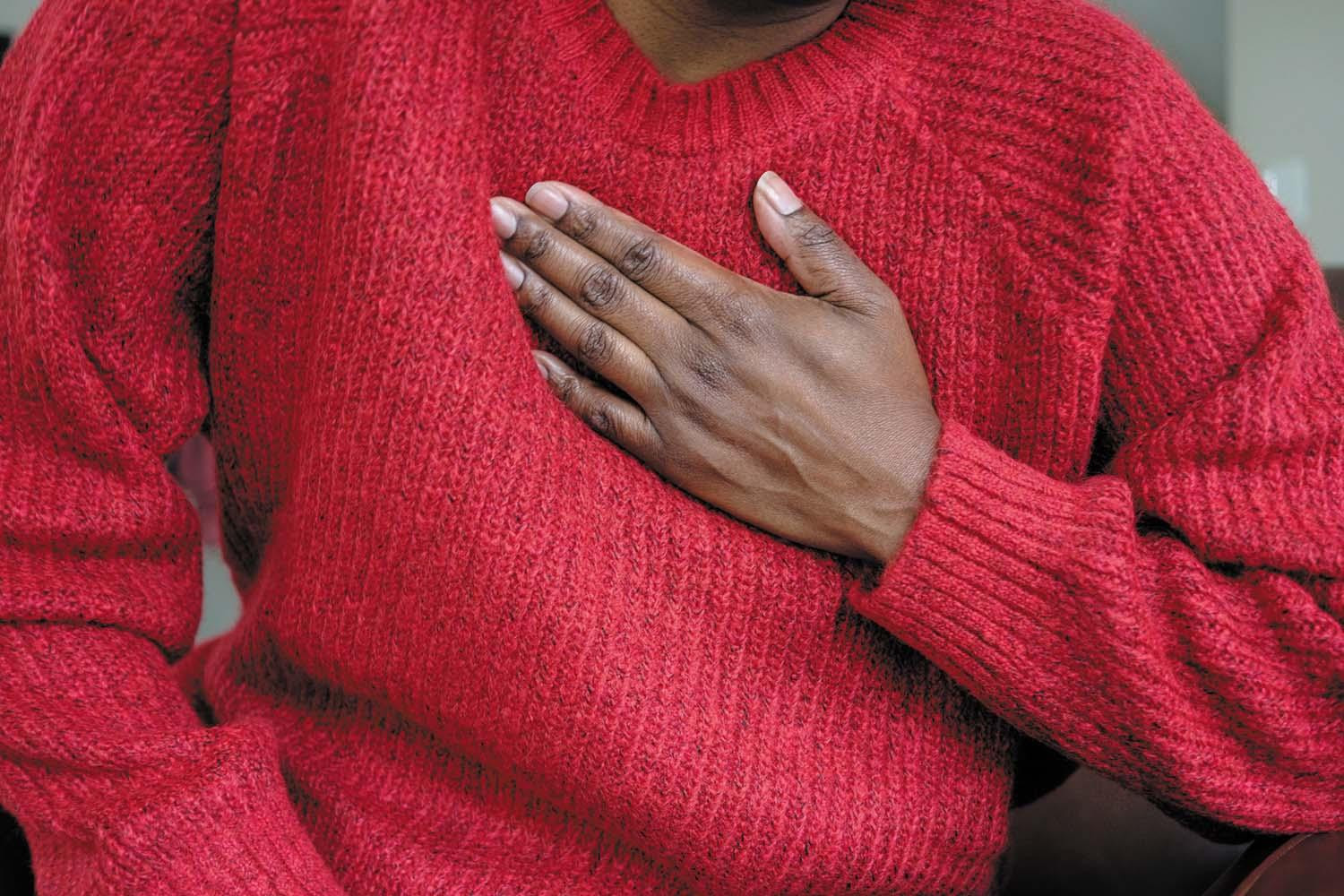
What are somatic workouts?

How to curb your stress eating

How to spot Parkinson’s disease symptoms

8 simple ways to reduce ultra-processed foods in your diet

Heart failure symptoms in women: How they’re different

GERD diet: Foods to avoid to reduce acid reflux

Strong is the new skinny

Everyday habits that sneakily weaken your bones

Don’t wait to get help for back pain

Correcting how you walk may ease osteoarthritis knee pain
Diseases & Conditions Archive
Articles
Learning to live well with a persistent illness
Having a persistent illness is challenging. It means having to make changes and adjustments to accommodate your needs, but it does not have to mean giving up on everything you enjoy.
Low vitamin D may raise risk for respiratory infections
A 2026 study found that low vitamin D levels may increase the risk of hospitalization for respiratory infections (such as colds, flu, pneumonia, and bronchitis) by as much as 33%. Sunlight, foods containing vitamin D, and supplements help maintain healthy vitamin D levels.
Cervical dystonia: A challenging neck condition
Cervical dystonia is a movement disorder that causes involuntary, sustained muscle contractions that make the head wobble or rest in abnormal positions. Symptoms can be disruptive, making it hard for people with the condition to drive, dress, or reach for objects.
Why do my fingers and ankles swell by the end of the day?
Edema is swelling caused by fluid trapped in body tissues. It can occur in anyone, but it’s more common in older adults. A variety of factors contribute to mild edema, including weakened valves in veins, gravity, inactivity, arthritis, and certain medications.
Can you retrain your brain to stop excessive drinking?
For people who are concerned they’re drinking too much but don’t want to give up alcohol entirely, the Sinclair Method may help. It involves taking naltrexone (a drug that dampens alcohol’s euphoric effects) an hour or two before drinking.
Can nasal irrigation help with winter colds and congestion?
Daily nasal irrigation (nasal rinses) may reduce symptom severity and the duration of a cold. It can also relieve the congestion caused by sinus infections and allergies. By means of a squeeze bottle, neti pot, or battery-powered system, saline is inserted into one nostril and flows out the other.
How to get rid of a sinus headache
A sinus headache usually stems from irritated, congested sinuses that create pressure and pain around the eyes, nose, or forehead. Relief often comes from easing inflammation and congestion with a mix of home measures and over-the-counter treatments.
What does heartburn feel like?
Heartburn often starts after a meal. It can create a burning sensation high in the abdomen, just below the bottom of the breastbone, or underneath the middle of the breastbone in the chest. It can also include other symptoms.

What are somatic workouts?

How to curb your stress eating

How to spot Parkinson’s disease symptoms

8 simple ways to reduce ultra-processed foods in your diet

Heart failure symptoms in women: How they’re different

GERD diet: Foods to avoid to reduce acid reflux

Strong is the new skinny

Everyday habits that sneakily weaken your bones

Don’t wait to get help for back pain

Correcting how you walk may ease osteoarthritis knee pain
Free Healthbeat Signup
Get the latest in health news delivered to your inbox!
Sign Up











